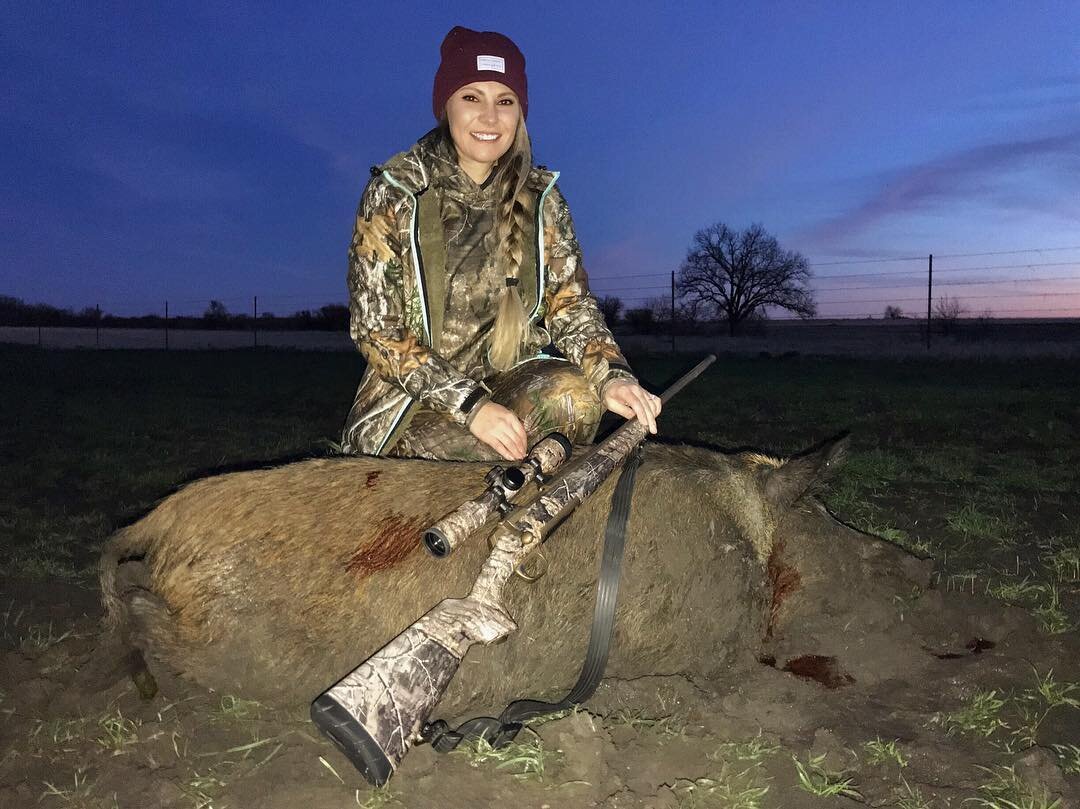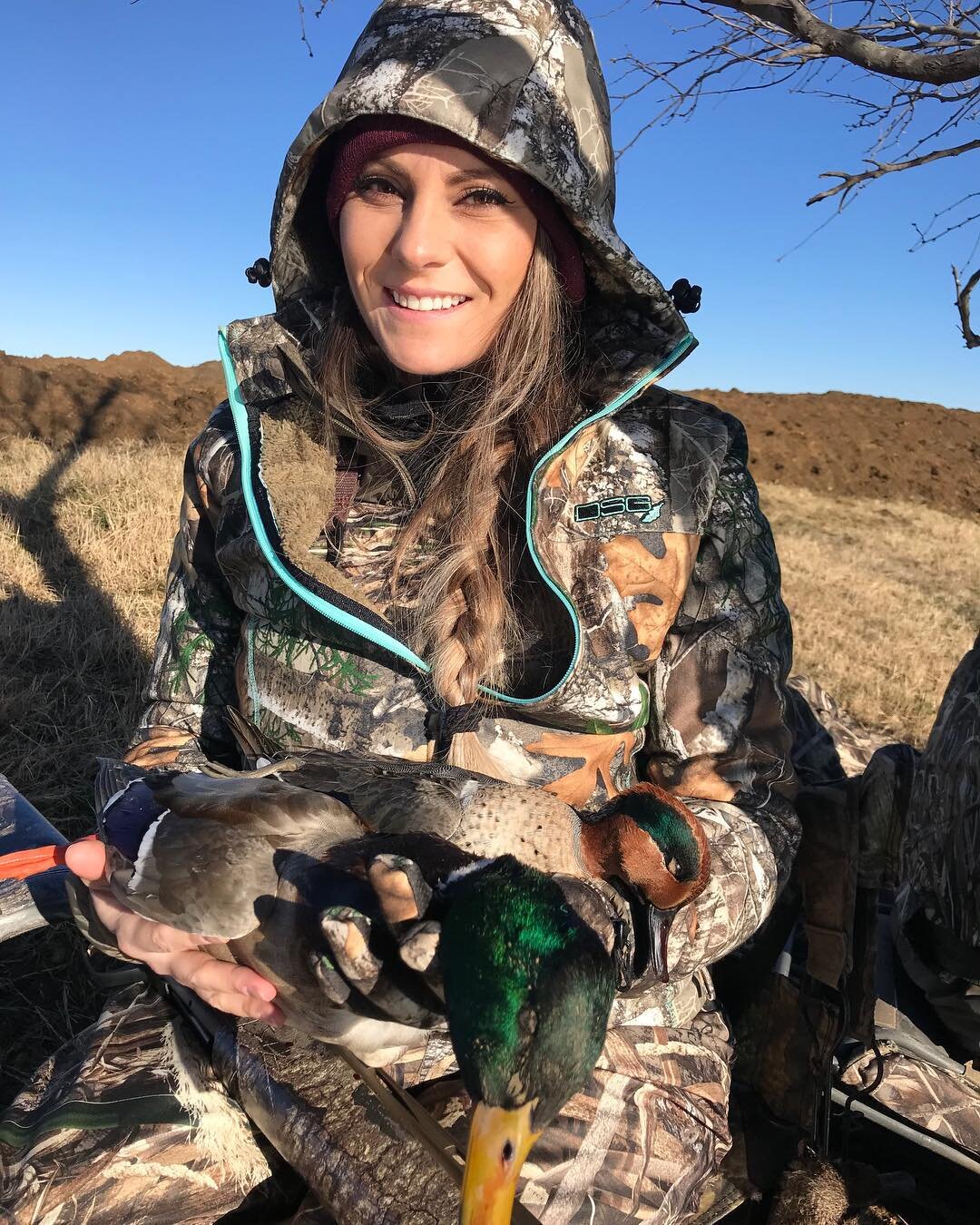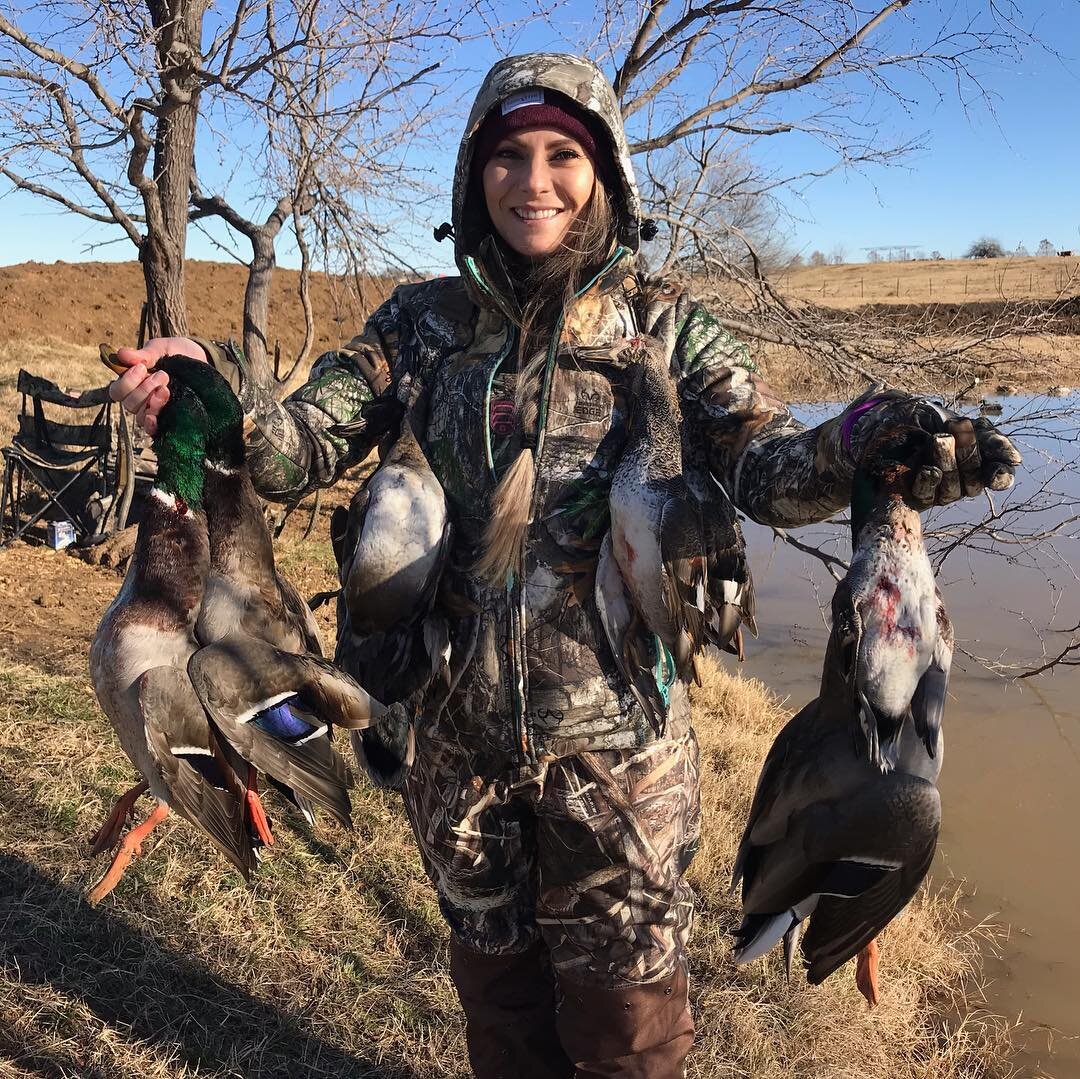Marketing MOJO: The Stevie Barefield Story
Ryan Barnes for SPLIT REED
If you were to ask most young women in America about the idea of growing up in Southern California, getting a degree in design, then graduating from law school; they would say that’s pretty much as good as it gets. “The American Dream” some might even call it. Driving a sports car along Coronado Beach, practicing law and helping companies file for patents and copyrights, and all the flare that comes with that type of lifestyle. Stevie Barefield, however, took a bit of a detour on her way to living her idea of the American dream. Split Reed was able to sit down and talk to the MOJO marketing expert about how she got her start in the outdoor industry.
When asked to talk a little bit about herself, Stevie began by saying, “I’m a very multi-passionate person. I have hundreds and hundreds and hundreds of different interests and hobbies that I believe led me to this career in the outdoor industry. From a young age, I found myself very design-oriented. I was always playing with Legos and K’NEX instead of Barbies, and that led me to an undergrad in industrial design, which is pretty much product design.” From that point, Barefield had a piqued interest in copyright and patent law, which sent her to Birmingham, Alabama to study law. “I decided to go to law school, and right after that, I ended up getting a job at an ad agency in Tulsa, which is what really got me into this hunting industry thing. I got the opportunity to work with some big boy manufacturers. From big gun manufacturers to a high-end camo brand, to a conservation group, I was working with some really high-profile clients at this ad-agency. I was right out of law school and wide-eyed, just learning so much there. That really got me into the hunting industry.” Barefield continues on about how she was able to see the “behind the scenes” picture of what goes on in the world of the hunting industry, and how it all works and how people are trying to survive in it. “That’s what led me to MOJO” she says, “that’s why I’m on the marketing side of things. I have a little bit of a design background and a little bit of a business background and I think it all came together and that’s why I have the job I have now”.
When asked about the hardest part of being a woman in the predominantly male outdoor industry, Barefield responded “I thought that that was the hardest part. Just being a woman in this industry. I thought that no one would respect me or care about what I had to say. But I learned very quickly that it’s all about how you carry yourself. You have to be the smartest person in the room no matter what. Stevie continued on by giving advice to any young women wanting to pursue a future in the hunting industry, she said, “for any young girls out there that might want to get into this industry, you need to learn this stuff. Learn about marketing, learn about business. Because you probably will have to work a little bit harder, but that will just make you that much better. I know that’s what I went through. I had to work a little bit harder than everyone else, but it made me that much better at what I do. Now I can go in and play with the big boys and hang with them as well as anyone else can”
Barefield, having such an extensive role in so many different aspects of the industry says that she doesn’t really have a marketing background, but she made it a point to learn a little bit about every single aspect that she could about the marketing sector. “I know a little bit about sales, I know a little bit about management, I know a little bit about all these different things that help make businesses successful, and that combination really makes me think that strategy is my favorite part of the whole thing. It combines everything that I love, everything that I’ve learned about over these years and put it into one” Stevie says.
So how did her career start with MOJO? Stevie’s husband, Kyle, and Terry Denmon, the owner of MOJO were good friends. “Terry and my husband had been hunting together for years. There was one day they were out hunting and Terry was talking about how he needed someone to manage his marketing, and how they really needed help in that area, and my husband mentioned something to me and I was like ‘huh, I could do that’. That was about 5 years ago, and 5 years have passed and I’m still here.”
Life wasn’t always full of hunting whitetail deer, ducks, and crawfish boils, though. Barefield picked up those tricks as life went along. “Hunting is definitely something I learned along the way,” she says, “I grew up in Southern California, so I did not come from a hunting family. They weren’t necessarily an anti-hunting family, we just didn’t know anything about it. During the summer I would be at the beach, not prepping fields or anything like that. Then I ended up going to college at Auburn in Alabama, and it was just a completely different world! I ended up meeting this redneck boy, who is now my husband, Kyle, and he’s the one that taught me everything I know about hunting. So I started hunting when I was in college, which means I’ve been hunting for about 13 or 14 years.” Barefield started primarily deer hunting. Chasing whitetails is still a passion of hers. When asked what her choice would be if she could only hunt one thing for the rest of her life, she said “Oh boy, don’t tell Terry this but I think I’ve gotta go with whitetail. It’s just something I love to do. It’s what I know best. It’s the first thing I ever killed that I ever appreciated. It’s what I know best from prep to the end, and it’s what I’m closest to” Barefield started duck hunting shortly after being introduced to the world of deer hunting, and she does say that one of her favorite traditions is duck hunting during that last weekend of the season, with some friends from Louisiana, and having a crawfish boil afterward. “That’s probably my most memorable hunt every single year,” says Stevie.
When talking about MOJO, Stevie talks about how amazed she always is at how innovative and in tune with the customer Terry Denmon is. “He makes it a point to come up with something innovative every single year. I truly believe that God put Terry on Earth to revolutionize the motion decoy category, and that’s what he’s doing,” Barefield says, speaking about Denmon. When asked what she thinks is the most effective decoy that MOJO makes, Stevie brought up the “Rippler” decoy. Which comes in either a full body or just a butt-up feeding style decoy. “Those decoys just really do it! Those decoys create just enough motion to move the static decoys a little bit, and it just makes the spread come to life. And we’re so lucky that we got to work with Duck Commander on those. The Ripplers are one of our best sellers at this point, and it’s been four years since we released them.
“After 20 years, MOJO continues to stay the MOJO brand,” says Barefield, on why the company is special to her. “Some people will think our decoys and practices are controversial, but we’re all in this together, and we’re all here to make the hunting industry grow”. She continues on, “We want to try to educate the new hunters, the old hunters, even the anti-hunters, and everyone on the MOJO team have that same view. That helps us all put together a marketing strategy. Some may say our content is controversial, but we’re still here, and we’re still pushing to better this community”. Barefield talked a little about the huge following that MOJO has on both Instagram and Facebook, that has allowed them to promote their products, and push their efforts to better the hunting community, but has also led to some disputed points of conflict. “We get death threats here and there, but at the end of the day we stand for conservation and we work to educate people about these decoys and best hunting practices, we never promote illegal activities. We always promote safety and it’s really about educating hunters and introducing new hunters to the sport” says Stevie.
When asked what advice she would give to any young girls trying to get into the hunting industry, Barefield responded, “Learn every part of the business that you possibly can. If you aren’t sure about what direction you want to go in, learn something about social media, learn something about sales, learn something about digital advertising, PR, graphic design; if you learn a little bit about everything in the industry, you’re going to make yourself irreplaceable. If you come to an employer, and you take your hunting experience completely out of it, and you’re left with just your skills, you need to ask yourself ‘will they still hire me?’” Stevie continues on with advice to build your resume as you would for any other job, and not just depend on your background of hunting to get you into the industry. “Hunting experience is great, and it goes a long way, but even if you don’t have hunting experience that’s still ok because you can still make yourself a valuable employee to the company. You can still find solutions to everything your boss is asking for, and learn hunting along the way”.
Stevie might have left her beaches and palm trees in Southern California, but she still admits she’s not much of a small-town person. After moving to the swamps of Louisiana when she first started at MOJO, she and Kyle relocated to Fort Worth, Texas, something that she enjoys, especially since she’s close to her leases for deer hunting and turkey hunting. “The duck hunting isn’t always as good here as it is in Louisiana, but the deer and turkey hunting is really good”. Barefield loves spending her time with her husband out in the Texas desert chasing their quarry, and she also enjoys the ability to travel all over the country to hunt, and learn from everywhere she goes.
Barefield brought up a question that she’d been asked recently, which was ‘the pros and cons of working in the hunting industry’ to which she responded, “I only have one con; I don’t really sleep that much. And that’s not because I’m hunting all the time. As much as I wish it was, marketing never sleeps, social media never sleeps, especially in this industry where we can sometimes get controversial.” She continues by saying “I think a lot of people fail in the outdoor industry because they don’t realize the amount of work that goes into this. The time and effort that you have to put into being successful. It’s a very difficult industry to be apart of. If you can make it though, it’s important. We need this industry”.
From graduating law school to marketing spinning wing decoys, Stevie Barefield seems to have one of the most distinguished backgrounds of anyone you could find. As these next hunting seasons come and go, and you see MOJO’s name among the headlines for new products, you can be sure that Stevie helped market that product and bring it to the surface of the hunting industry. From overseeing their social media accounts to making strategic plans to hit their right target market, she truly helps keep MOJO the powerhouse they are today.








